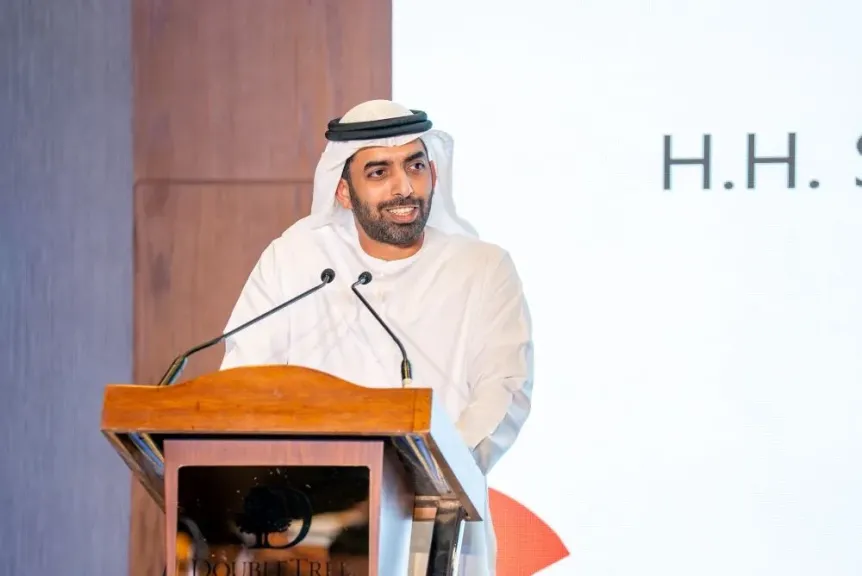Ras Al Khaimah Hosts Huawei MEA Summit to Boost Innovation Partnerships

Ras Al Khaimah hosted the Huawei Developer Conference MEA Summit 2025 at the DoubleTree by Hilton Resort Marjan Island, convening leading figures from government, technology, and multiple industry sectors to discuss the future of connected ecosystems and explore new avenues for cooperation between Ras Al Khaimah and China.
The summit was attended by Sheikh Ahmed bin Saud Al Qasimi, Chairman of the Executive Committee of Ras Al Khaimah Tourism Development Authority (RAKTDA). In his opening keynote, Sheikh Ahmed reaffirmed the emirate’s commitment to attracting knowledge-based industries, fostering cross-border collaboration, and deepening ties with China as a core pillar of its long-term economic strategy.
Organized in partnership with RAKTDA and supported by Innovation City (INC), Ras Al Khaimah Economic Zone (RAKEZ), and RAK Properties, the event underscored a unified approach among the emirate’s leading institutions to build a diversified, resilient business environment. More than 150 C-suite executives, investors, and Huawei partners attended the summit, reflecting its growing regional importance.
Throughout the program, several Ras Al Khaimah entities highlighted opportunities arising from the emirate’s forward-looking economic model. RAKTDA and RAK Properties outlined how Ras Al Khaimah’s development strategy integrates tourism, quality of life, and infrastructure to attract global businesses, while RAKEZ and Innovation City showcased the emirate’s strategic advantages as a regional hub. These include business-friendly regulations, integrated services, and a collaborative environment tailored to support creative and technology-driven enterprises.
Huawei presented its perspective on the future of intelligent mobility, with a detailed exploration of its HMS for Car platform. The company highlighted how collaboration between automakers and developers can accelerate innovation in in-car systems and deliver more intuitive user experiences. The session also showcased localized applications in navigation, AI, and cloud technologies, meeting the specific needs of GCC markets.
Key discussions examined how cloud-based systems, wearables, and data-driven services are shaping safer, more personalized mobility solutions. Huawei emphasized its commitment to privacy, inclusivity, and local-language support through initiatives such as Petal Maps and Al Lahja, an Arabic AI training program. The summit concluded with a panel of regional experts addressing data governance and standards for next-generation smart mobility across the Middle East.
«The summit’s discussions reinforced the importance of building open, collaborative ecosystems,» said William Hu, Managing Director of Huawei Consumer Business Group, Middle East and Africa Eco-Development and Operation. «Our collaboration with Ras Al Khaimah and RAKTDA reflects this approach, creating meaningful bridges between the UAE and China. By combining localized innovation with trusted global technology, we can support partners and governments in delivering solutions that make mobility more intelligent, connected, and inclusive.»
